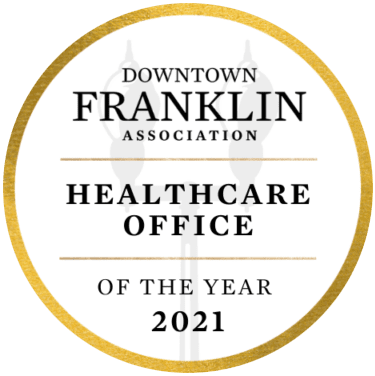- (615) 595-6111
- 615-595-9514
- 216 3rd Ave N, Franklin, TN 37064
- office@downtownfranklinfamilydentistry.com
- (615) 595-6111
- 615-595-9514
- 216 3rd Ave N, Franklin, TN 37064
- office@downtownfranklinfamilydentistry.com
Saliva helps moisten and clean our mouths and it helps with digesting our food. Saliva can prevent infection by controlling the fungi and bacteria in our mouth. However, when you do not produce enough saliva, your mouth can get dry thus causing many issues and discomfort. This blog post will take a deeper look at what the causes and treatments are for dry mouth.
Dry mouth, also known as xerostomia, is a condition where the salivary glands do not make enough saliva to keep your mouth moist. Saliva does play an important role in maintaining your oral health. For example, it prevents tooth decay by neutralizing acids that are produced by bacteria, limits bacterial growth and washes away food particles after eating. Saliva enhances a person’s ability to taste and makes chewing and swallowing easier. Finally, digestion is aided by the enzymes found in saliva.
Unfortunately, this can have a major impact on the health of your gums and teeth, plus it can affect your enjoyment of food and appetite.
If you are experiencing a decrease in saliva production, you might notice some of these signs and symptoms most or all of the time. Experiencing these symptoms can cause discomfort and if they persist, it is time to make an appointment with your dentist.
As stated previously, dry mouth is the result of your salivary glands not producing enough saliva to keep your mouth moist. There can be many causes of dry mouth. Here are the most common that you should be aware of.
Medication side effects: Dry mouth is a side effect of many prescriptions and nonprescription medications. Some of the most common medications are antihistamines, decongestants, and pain medications.
Dehydration: This is another cause of dry mouth. Some of the issues that can cause dehydration are excessive sweating, fever, vomiting and diarrhea. If you are experiencing any of these symptoms, they can lead to dehydration. Not drinking enough water throughout the day can also lead to dehydration.
Certain infections and diseases: A person going through chemotherapy can have the amount of saliva produced affected. However, this may be temporary and once treatment has been completed, normal saliva production could return. Radiation to the head or neck can also cause a decrease in saliva production. Depending on the area of treatment and length of treatment, will determine if a decrease in saliva production is permanent or temporary.
Lifestyle: This can play a major factor in the decrease of saliva production which leads to dry mouth. If a person chews tobacco or smokes, it can affect how much saliva is produced and aggravate dry mouth. Breathing with your mouth open overnight can contribute to dry mouth symptoms as well.
Treatment for dry mouth is focused on preventing tooth decay, managing medications, enhancing the flow of saliva, and increasing your quality of life.
Following good oral health measures and drinking a lot of water can help combat the effects of dry mouth which can cause tooth decay. Along with daily flossing, make sure to brush your teeth with a fluoride toothpaste after every meal and before bedtime. It is essential to visit your dentist at least twice a year and possibly more often if you experience dry mouth.
If your dry mouth is caused by a particular medication, take the time to contact your doctor and see if they can adjust the dose or switch to a different medication that does not cause dry mouth.
An oral rinse that increases saliva production might be prescribed to you by your dentist. There are also plenty of over-the-counter mouthrinses, toothpastes, and gels that can help a person with dry mouth. Before purchasing them, talk with your dentist about what the best option is for you.
If you are experiencing symptoms of dry mouth, contact Downtown Franklin Family Dentistry, and schedule an appointment with Dr. Abrams. Dr. Abrams will discuss treatment options with you and develop a plan. There are two ways to make an appointment, either fill out our contact form, or give our office a call at 615-595-6111.
The idea of getting dentures or partial dentures can be daunting and...
Read MoreAre you interested in providing affordable dental care for you and your...
Read MoreSeptember is Gum Care Month, a time dedicated to highlighting the importance...
Read MoreCheck out our affordable membership plans from Downtown Franklin Family Dentistry.
Read MoreMaintain those smiles all year long, schedule a back-to-school appointment now.
Read MoreWe have exciting news to share with our valued patients at Downtown...
Read MoreChoosing SureSmile Clear Aligners is an investment in your long-term oral health...
Read MoreDental implants are a state-of-the-art solution for replacing missing teeth and restoring...
Read MoreAt Downtown Franklin Family Dentistry, your safety and well-being are paramount in...
Read MoreMaintaining good oral hygiene goes beyond just brushing and flossing at home....
Read MoreAs we age, we often focus on maintaining our youthful appearance, but...
Read MoreApril is Oral Cancer Awareness Month, a time dedicated to highlighting a...
Read MoreAt Downtown Franklin Family Dentistry, we understand dental procedures can sometimes feel...
Read MoreHave you ever admired someone’s flawless smile and wondered how they achieved...
Read MoreAre you tired of wincing in pain every time you indulge in...
Read More

